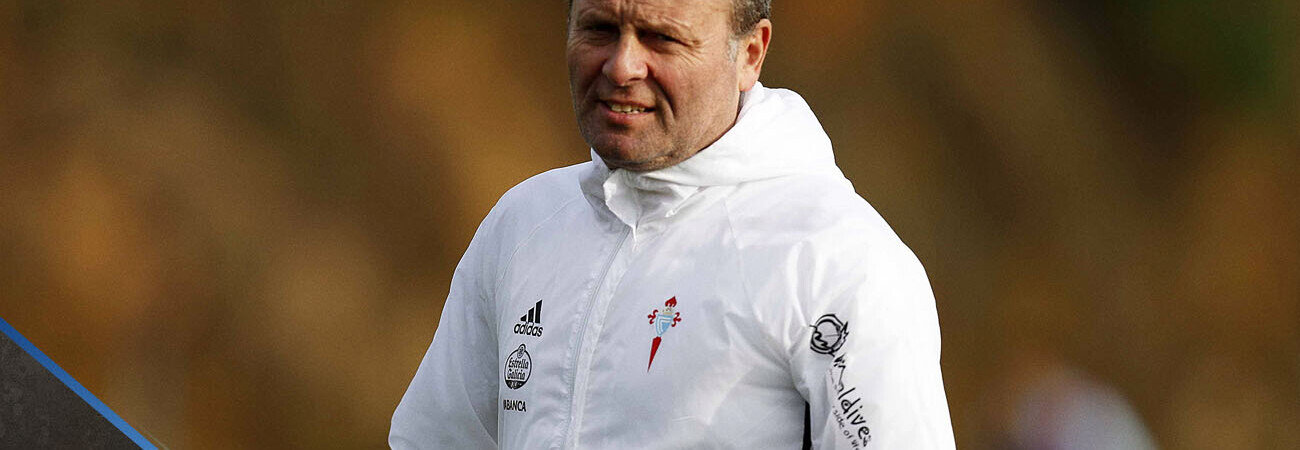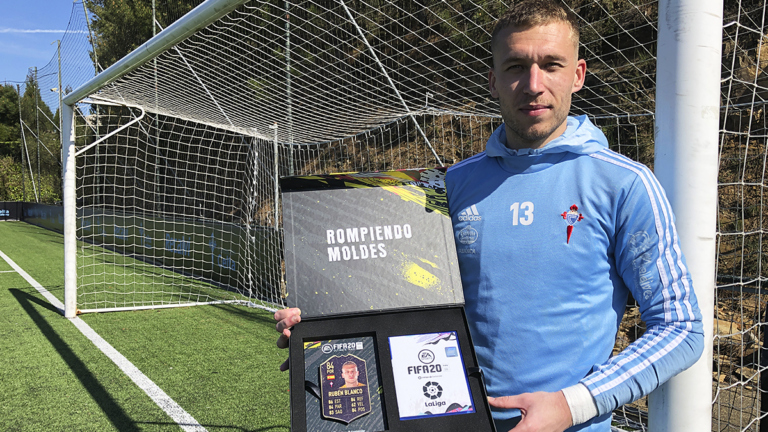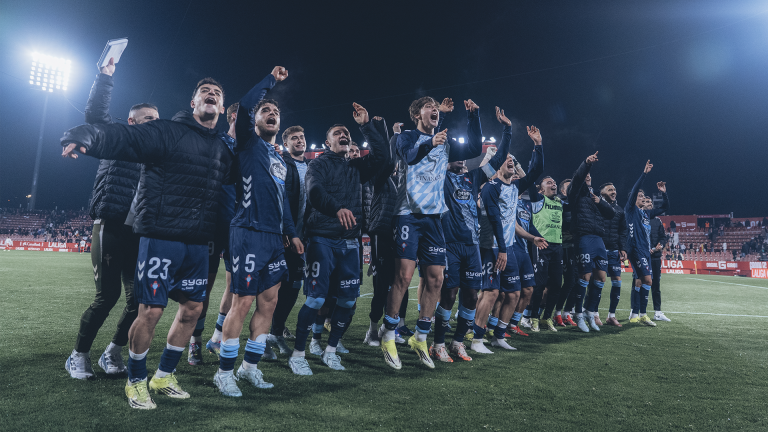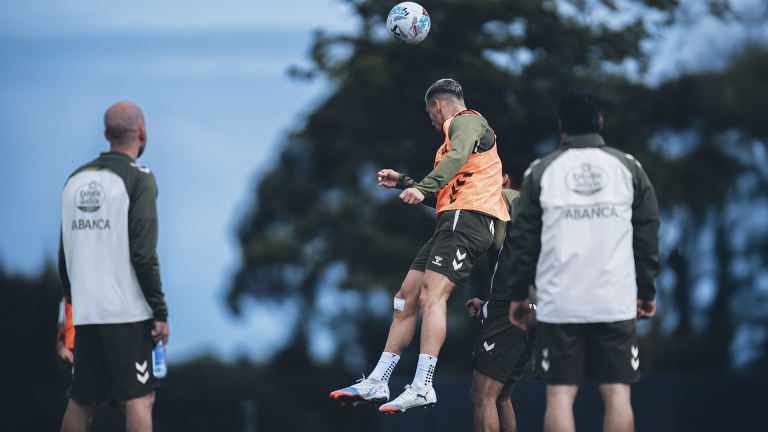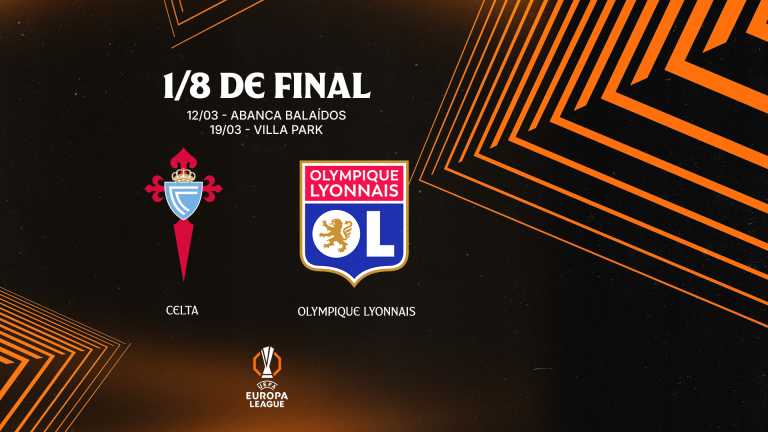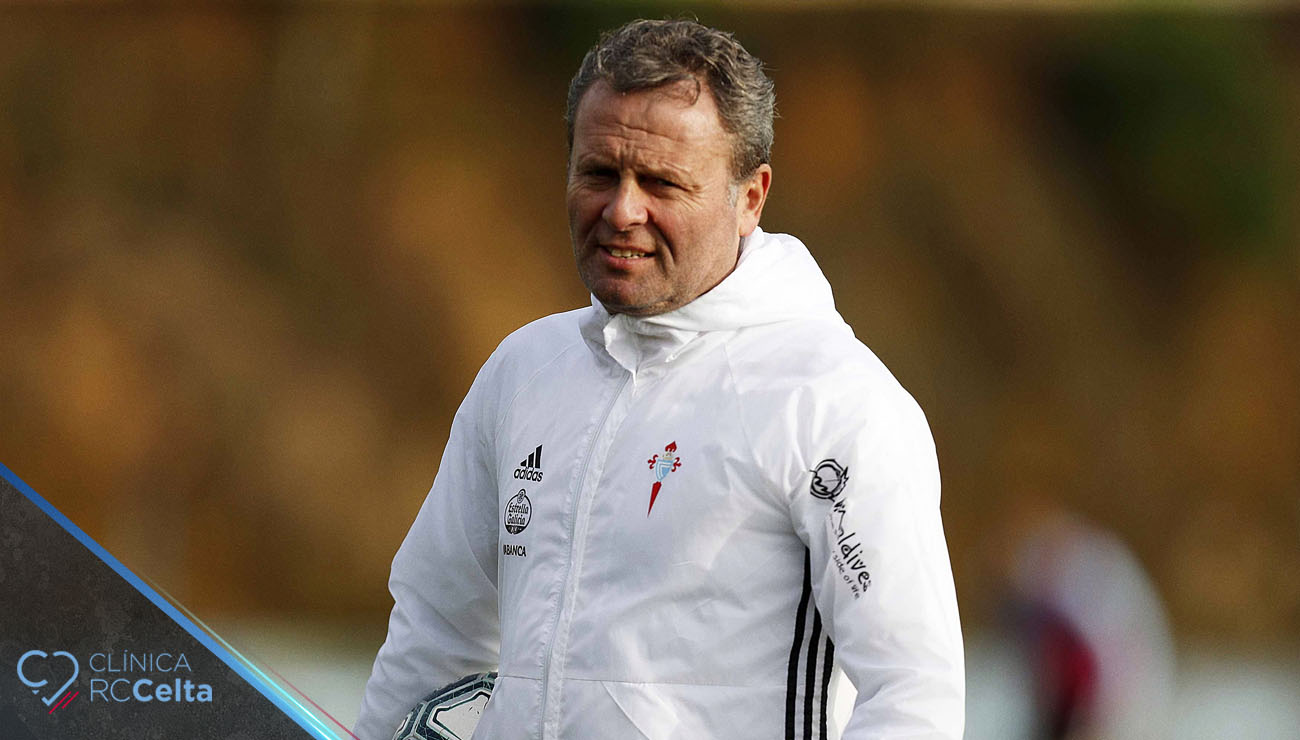
Juan José García Cota, head of the RC Celta medical services and director of the RC Celta clinic, analyzes the consequences caused by the halt of the competition caused by the “coronavirus”. The sky-blue doctor explains the instructions given to all the members of the first team to reduce any risk of contagion and gives his opinion on how the return to sport should be before restarting the official matches.
1) What recommendations did the players and coaching staff have during the last week of training to reduce risks?
Before suspending training sessions I gave a talk to the players about what this virus is, the ways it can be transmitted and the things that need to be done to limit the risks. Also information regarding the fact that it is a virus that is not important for them, but for the at-risk population, which means that it does not concern them directly, but it does concern their families.
2) What recommendations did you give them during this stoppage at home (now quarantine)?
Once the shutdown starts we no longer have physical contact with them. The last recommendations are to avoid leaving Vigo, although later the confinement rule at home came out and they were told that relatives from other areas, especially where the incidence of the disease is higher, should not come visit them and we maintained the recommendations of not leaving the house, hand washing and if they have to go out to do the shopping or out of necessity they should repeat hand washing when they return and avoid contact with people outside their family.
3) Do you keep in touch with the players to know how they feel, possible discomfort, etc?
We keep in touch daily. Every day, a message is sent to them so that they can refer any type of symptom to the medical service that may or may not be compatible with the onset of this disease. If they have a headache or some fever, it is most often due to another type of process that may be more ordinary, but we want them to refer it to us and that is why we contact them daily.
4) Are the players or coaching staff worried? Do they express many doubts about the virus or possible injuries?
They are, of course, more worried than they are about themselves, because they know that they are a population at risk of infection but not, in theory, at risk of major disease, let alone vital risk, but rather about their relatives. They are concerned about what this disease means, about its transmission and because it may affect, as I said before, their relatives who would be among these at-risk populations.
5) The risk of injury is minimal, but can players with discomfort exercise to improve? What can they do?
All players have a training program and those who were in a phase of recovery from injuries maintain their program with the limitations of not having the facilities that we usually have at our disposal, but they are supervised by the physical trainer and the recoverer.
6) If the break is extended, will a short pre-season be necessary to resume the competition and avoid injuries?
If this stop is extended, and it is already doing so, it will be necessary to carry out a new acclimatization and readjustment period for sport activity. If you don’t complete this short pre-season, and depending on the time you are not playing, the risk is not only of not having an adequate performance as a footballer, but also the risk of injuries will increase a lot.
7) Will muscle injuries be more likely if the player is out for several weeks and resumes training?
After a hiatus of this type it is clear that if a readjustment process is not carried out the risk of injury is much greater, and will occur. We have to advocate that if the competition resumes at some point we can have time to perform that readjustment phase and thereby lessen the risk of injury as much as possible.
8) On a medical level, what does this break mean for the players?
On a medical level, it means that, on the one hand, for those players who were in a recovery phase, having interrupted that phase is likely to lengthen their processes of returning to the sport. On the other hand, for those players who were well, having stopped makes the musculoskeletal system stop having the stimuli generated by the sport itself. No matter how well they train, they will be limited at home, with all that that implies. Obviously, the risk of injury will be much higher and that is why I stress that it is very important to have time to readjust or to prepare for the new activity.

